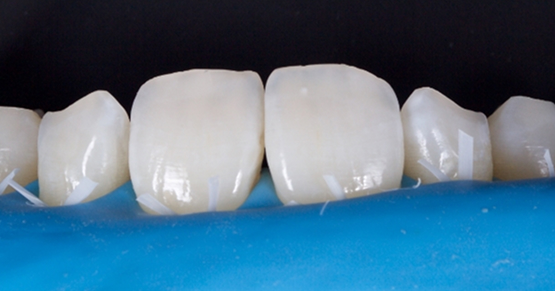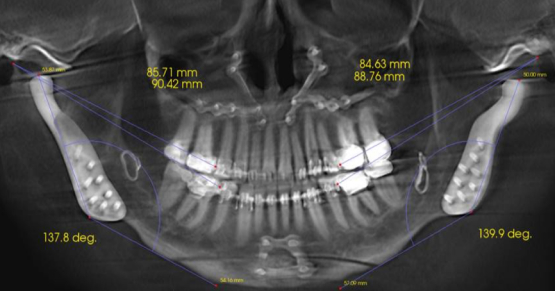Being ‘Up Front’ About Patient Payments
In a recent article, I wrote about the importance of getting patients appointed for the nearest date possible after they agree to treatment. This way you can get the momentum going quickly and take action on their commitment.
There is another thing you can do to reinforce and solidify that initial commitment, and it is perhaps the most powerful maneuver you can use to get a patient to feel sure about what they have said yes to: Get them to pay up front.
Not surprisingly, people tend to feel more emotionally committed to something when they become financially committed to it. There have been many studies showing how consumers are good at justifying a purchase after they make it.
So it is also not surprising that the opposite is also true—where there is little or no economic investment involved, there is little emotional investment. It’s easy for a patient to change their mind about a treatment plan when they have no “skin in the game.”
This is why it makes so much sense to get a substantial payment up front from any patient beginning significant treatment. It not only protects you, it also helps the patient get into the right mindset. Nothing says “this is real and it has begun” like a putting down a financial stake. But how do you sell this idea to patients?
You may be surprised to find that you usually don’t have to. We are all used to paying for our airline tickets before we head to the airport, and we think nothing of presenting our credit card for pre-payment at a hotel.
Most patients who are willing to go ahead with a significantly complex treatment plan are the kind of patients who understand this. When treatment has been accepted, it is a simple matter of confirming that acceptance by appointing the patient, making firm financial arrangements in keeping with your practice policy, and requesting at least a partial payment today as part of that arrangement.
This is how you establish the right relationship, value and commitment from the start. Again, people who are used to making significant financial commitments are used to making those commitments up front.
Make it clear that you know your value and you will seldom come up against resistance. A patient’s commitment can change. If they are going to truly commit to a long course of treatment they have to buy into it from day one.
SPEAR NAVIGATOR
Transform how your practice runs by engaging the team through
coaching and training
A guided path to excellence through structured coaching and self-guided resources that will align your team, streamline processes and drive growth. Transform your practice by implementing Spear’s proven playbooks for developing and retaining a high-performing dental team.

By: Imtiaz Manji
Date: January 28, 2014
Featured Digest articles
Insights and advice from Spear Faculty and industry experts



